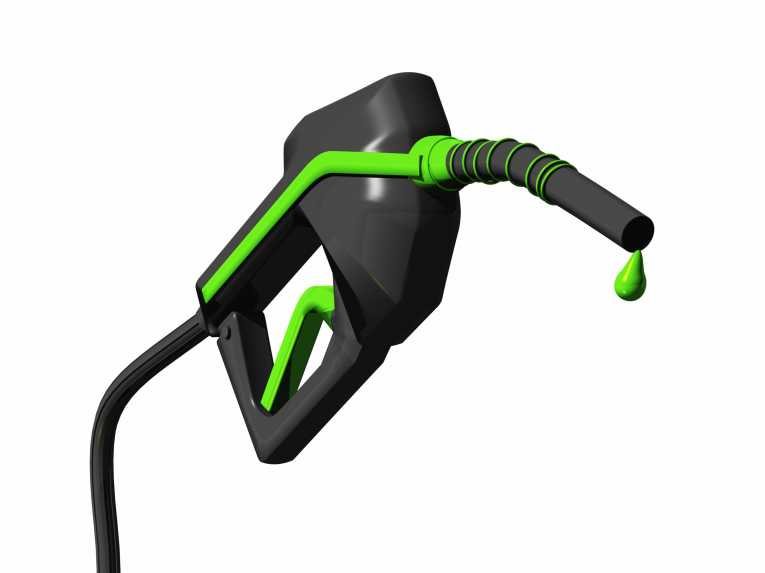Scientists have taken another step towards turning microbes into mini gasoline factories at the Universityof California, Berkeley.
Assistant professor of chemistry Michelle C. Y. Chang working with Brooks B. Bond-Watts and Robert J. Bellerose are about to publish the results of their studies in Nature Chemical Biology.
The new process pioneered by the team produces fuel 10 times faster than previous methods and, according to Chang, is another step on the road to producing biofuels on an industrial scale.
The bacteria called Clostridium naturally produce n-butanol, which could be the chemical which finally replaces gasoline in our cars.
So far, efforts to produce n-butanol have failed to churn out the amounts of the chemical that would make it a commercial proposition but Chang’s new process has broken through the multi-gram per liter barrier.
By replacing two of the enzymes in the bacteria the Berkeleyteam have stopped n-butanol being made and then destroyed by the same enzymes.
''We are in a host that is easier to work with, and we have a chance to make it even better,'' Chang said. ''We are reaching yields where, if we could make two to three times more, we could probably start to think about designing an industrial process around it.''
''We were excited to break through the multi-gram barrier, which was challenging,'' she added.










